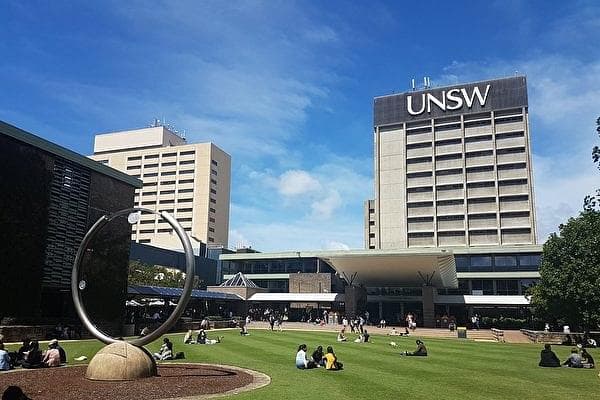There are three different entry pathways to the Master of Landscape Architecture. The stream you apply for will depend on the depth of your prior experience, and how closely it relates to landscape architecture.
If you apply for Stream A or Stream B, you may be eligible to have your study recognised via Recognition of Prior Learning (RPL). If your prior study is recognised, credit points can be counted towards the Master of Landscape Architecture, and you would then be able to complete the coursework undertaking fewer subjects.
For all three streams, you will need to meet the following admission requirements to be considered for entry into the program:
Entry Stream A - for students who come from a non-design background
You’ll apply for this stream if you studied an undergraduate degree in a discipline that isn’t related to landscape architecture. You won’t be able to apply for RPL.
Entry Stream B - for students who have studied a closely related discipline
You apply for this stream if you studied an undergraduate degree in a discipline closely related to landscape architecture**. You can apply to have your study recognised via RPL. If your prior study is recognised, up to 48 units of credit (UOC) can be counted towards the Master of Landscape Architecture. You would then be able to complete the degree in two years, undertaking fewer subjects.
Entry Stream C - for students who have completed a Bachelor of Landscape Architecture
You apply for this stream if you studied a four-year, accredited Bachelor of Landscape Architecture. You can apply to have your study recognised via RPL. If your prior study is recognised, up to 96 units of credit (UOC) can be counted towards the Master of Landscape Architecture. You would then be able to complete the degree in one year.
*Portfolio
Your portfolio needs to be submitted in a clear, digital format. It should include sample works from your previous experience and written explanations of all projects. Work from your previous degree may form part of the portfolio, but you need to clearly state what your role and contribution was. Other creative work can also be included.
**Related disciplines
Disciplines that are considered a ‘closely related discipline’ are:
-
Architecture
-
Urban design
-
Urban planning
-
Interior architecture
-
Interior design
-
Landscape design
You may be asked to provide evidence of your English proficiency to study at UNSW depending on your educational background and citizenship. English language skills are vitally important for coping with lectures, tutorials, assignments and examinations - this is why UNSW requires a minimum English language competency for enrolment.
If English is not your first language, you’ll need to provide proof of your English proficiency before you can be given an offer to study at UNSW. You can do this by providing evidence that you meet one or more of the following criteria:
UNSW Global offers courses and programs designed to help you reach the English language level required for entry into your chosen degree. Different options are available depending on your current English language level.
IELTS 7.0 overall (min. 6.0 in each subtest)
TOEFL 94 overall (min. 25 in writing, 23 in reading, listening and speaking)
